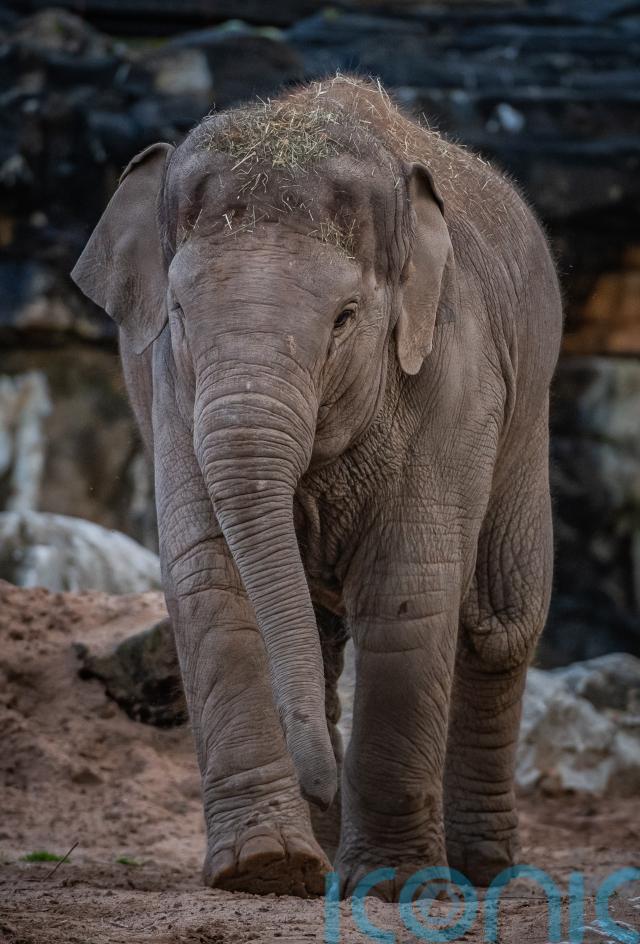
An international team of vets working on a vaccine for a virus that historically killed seven baby elephants at Chester Zoo has made a breakthrough in a trial with their herd.
Elephant endotheliotropic herpesvirus (EEHV) is a leading cause of death in young Asian elephants, both in human care and the wild, and has no cure.
But results of the trial involving adult elephants at Chester Zoo found that a new vaccine triggered a strong virus-fighting immune response and is safe for the animals.
The team, led by the University of Surrey, Chester Zoo and the Animal and Plant Health Agency, also observed no side effects.
It comes after five young elephants died at the zoo as a result of the virus, including female calf Bala and her playmate Hari just before his third birthday in 2015.
In 2018, three-year-old Nandita Hi Way and 18-month-old Aayu Hi Way also succumbed to EEVH, despite teams trying to save their lives through “groundbreaking” blood transfusions.

Professor Falko Steinbach, senior author of the study and a veterinary immunology professor at the University of Surrey, said: “This is a landmark moment in our work to develop safe and efficacious vaccines.
“For the first time, we have shown in elephants that a vaccine can trigger the type of immune response needed to protect them against EEHV.”
As part of the study, published in Nature Communications on Friday, the elephants received a two-step vaccination – one vaccine carrying a harmless form of the virus and a second booster to strengthen the response.
The team then tested blood samples, including a method to see which immune pathways were switched on – marking the first time this sort of systemic immune profiling has been carried out in elephants.
The results suggest the vaccine could prevent deadly EEHV in calves – the group most at risk – and support conservation breeding programmes worldwide, the team said.
The researchers have been developing the vaccine for several years, delivering the first dose to an elephant at Chester Zoo in 2021.
Dr Tanja Maehr, lead author of the study from the Animal and Plant Health Agency, said: “Our findings give real hope that vaccination can become a practical tool for preventing severe disease and death due to EEHV.
“The next step could be to trial the vaccine in calves and in range countries, so we can begin to protect those most at risk.”
Dr Katie Edwards, lead conservation scientist at Chester Zoo, called the publication a “watershed moment”.
“EEHV has taken the lives of so many elephants, both in human care and in the wild, but this vaccine offers hope,” she added.
“We can’t yet say this will be the end of EEHV deaths, but we have taken a massive step towards that goal.”
Subscribe or register today to discover more from DonegalLive.ie
Buy the e-paper of the Donegal Democrat, Donegal People's Press, Donegal Post and Inish Times here for instant access to Donegal's premier news titles.
Keep up with the latest news from Donegal with our daily newsletter featuring the most important stories of the day delivered to your inbox every evening at 5pm.